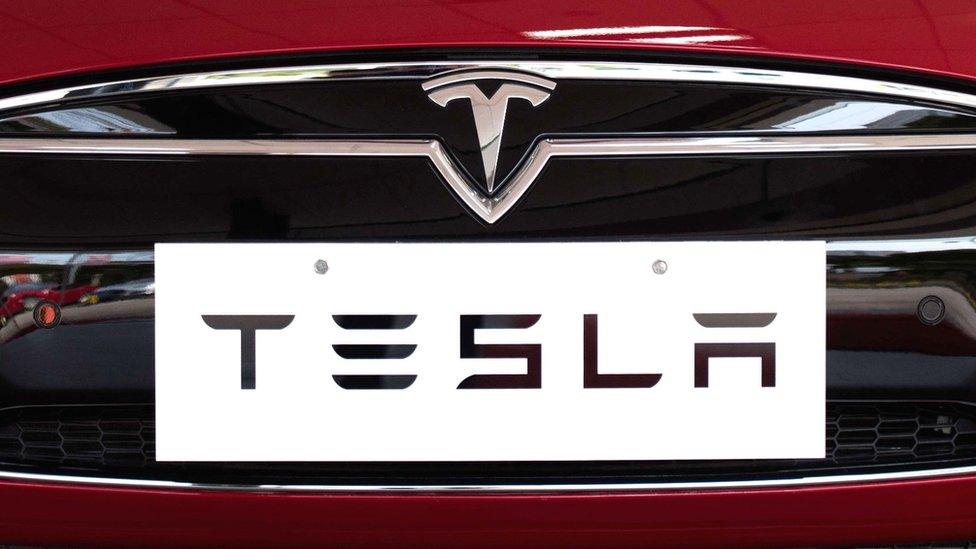Tesla avoids recall after Autopilot crash death
- Published

Tesla will not be ordered to recall its semi-autonomous cars in the US, following a fatal crash in May 2016.
The US National Highway Traffic Safety Administration closed its investigation after it found no evidence of a defect in the vehicle.
Joshua Brown was killed when his car collided with a lorry while operating in Autopilot mode.
Tesla has stated Autopilot is only designed to assist drivers, who must keep their hands on the wheel.
The feature is intended to be used on the motorway, where it lets cars automatically change lanes and react to traffic.
The said data from the car showed that "the driver took no braking, steering or other actions to avoid the collision".
Bryan Thomas from the NHSTA said the driver should have been able to see the lorry for seven seconds, which "should have been enough time to take some action".
'Inattentive drivers'
The investigation did not find any evidence that the car's systems "did not perform as designed".
However, Mr Thomas said there was "industry-wide" concern about the way driver-assistance features were explained and advertised to customers.
"These systems require continual and full attention of the driver," he said.
"It's not enough to put [information] in the owner's manual and hope drivers are going to read that.
"Manufacturers must anticipate how drivers would use the functionality, and that some don't read the manual."
He said systems should be designed with the "inattentive driver" in mind.
The NHTSA said it would continue to monitor the safety of Autopilot and would take further action if necessary.
Mr Thomas warned manufacturers that if safety defects were found in semi-autonomous cars, they would have to be recalled, even if the vehicles were capable of receiving over-the-air software updates.
Following the closure of the investigation, Tesla's chief executive that the report was "very positive".
- Published1 July 2016